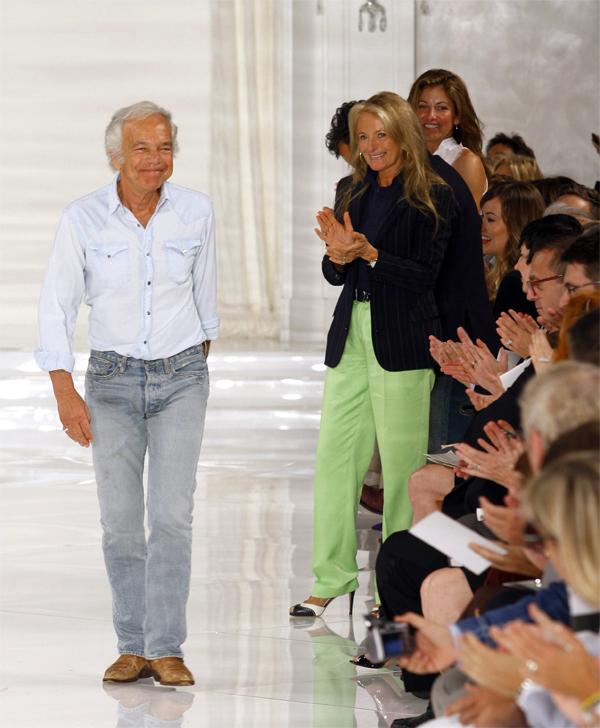For every positive side of fashion, there is a seemingly more controversial side that sheds light on the bad aspects of the business.
Photoshopping has been common in magazines, beauty advertisements, and fashion spreads for years, much to the dismay of the general public. It sends a negative message to women of all ages that they shouldn’t embrace their body and that they should conform to the unrealistic standards set by industry bigwigs. Recently, advertisements have been banned and petitions have been signed in order to curb the overuse of Photoshop in the media.
Magazines are at the forefront of the Photoshopping controversy as nearly every major publication from Vogue to Rolling Stone to Seventeen has altered their cover star’s appearance in order to hide their flaws and enhance their features.
Mistakes are being made left and right whether they’re dramatic like the disappearance of Kristen Stewart’s arm on the cover of the November 2011 issue of “Glamour”, or subtle like the brightening of Reese Witherspoon’s eye color on her “Vogue” cover in November 2008.
Many people are taking a stand against Photoshopping, in particular Julia Bluhm, a teenager who petitioned “Seventeen” to cut down on their use of the tool in order to let readers see what real girls truly look like, something that the magazine claims to be a big proponent of. Bluhm’s petition signed by 25,000 people earned her a meeting with the magazine’s Editor-in-chief and coverage on major news networks.
At its peak, “Seventeen Magazine: Give Girls Images of Real Girls”, garnered an impressive 84,000 signatures.
Bluhm’s petition forced Editor Ann Shoket to speak out about the issue where she highlighted the fact that Seventeen regularly celebrates girls of all ages, ethnicities, and sizes and that they “never change girls’ body shapes or faces”, as stated in their Body Peace Treaty.
Even models that boast already slim physiques can fall victim to excessive Photoshopping, much like Filippa Hamilton did in advertisement for Ralph Lauren. Editing advertisements is nothing new for Lauren who has been embroiled in a number of scandals over the years, yet Hamilton’s campaign still remains at the forefront of the most notable retouching incidents in recent memory.
The model can be seen wearing a ruffled plaid shirt and patchwork jeans in the ad where her body was Photoshopped to nearly half its size. Her emaciated frame is even more noticeable due to the fact that the width of her head is comparable in size to her overly-slim torso. Not long after the incident made headlines, Hamilton was released from her contract because she was declared “overweight” by the company, as told in an interview with NBC News.
The United Kingdom has taken an aggressive stand against Photoshopping in the media by banning a number of makeup advertisements. The list features ads from Dior, Lancôme, and Maybelline, and includes a number of causes from misleading images to excessive facial retouching.
Dior is a frequent offender when it comes to misleading advertisements, most notably for Natalie Portman’s Dior show mascara campaign. Through Photoshop, her lashes were lengthened and inserts were added in order to fool customers into thinking that the mascara can provide above average results.
Lancôme and Maybelline have committed similar offenses by excessively retouching their model’s faces to show that their foundations can eliminate all signs of blemishes and aging with extraordinary results. Shockingly enough, all three of these major brands have admitted to using Photoshop, but have stated that their ads are in no way misleading to the general public.
When it’s standard for companies to use Photoshop to enhance their images, it gives women the impression that they have to look like a star on the cover of a magazine or in an advertisement to be considered beautiful. The United Kingdom and girls like Julia Bluhm are making valiant efforts to cut back on misleading images in the media, something that more people across the globe should be doing.
Decreasing the use of Photoshop would send a valuable message to women that they should embrace who they are, instead of trying to become just another “perfect” face in a magazine.








